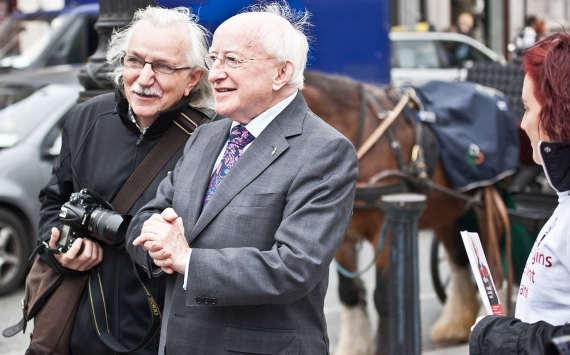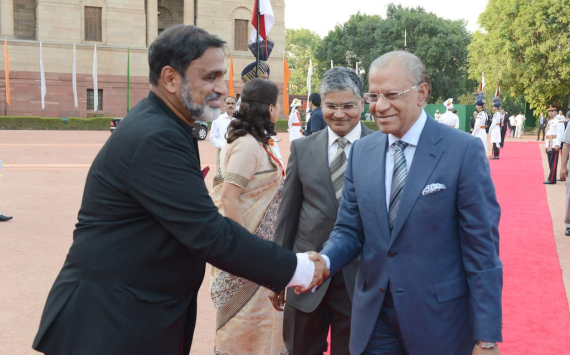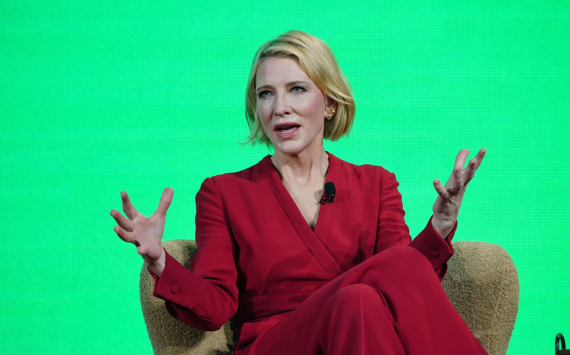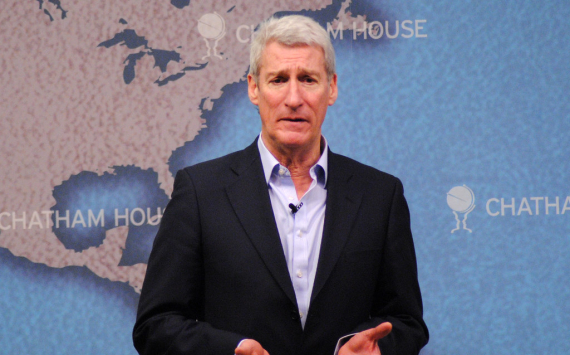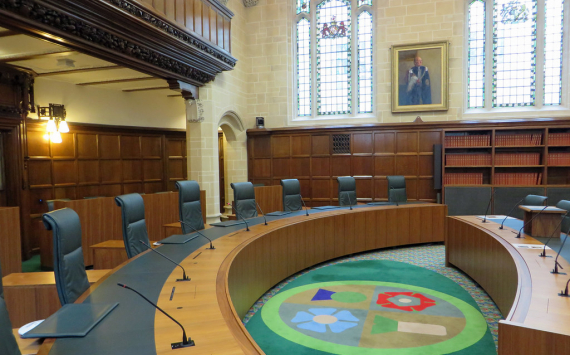
Trial and strikes
Trades Union Congress is ready to sue the authorities if new laws restricting workers' rights to strike are passed. Paul Nowak, the elected head of the union association, said this in an interview with the Financial Times on Thursday.
"Our unions will find ways to take effective measures in any case, but we will challenge this initiative of the authorities against strikes in court and make them pay a high political price," said Paul Nowak, who is to lead Congress in January 2023. The elected head of the union association also rejected arguments from ministers who argued that meeting union demands for pay rises would spike inflation and overstretch the budget, and spoke of a "staffing crisis" in the UK's National Health Service (NHS).
As workers face "the longest income cut in modern history", claims from ministers that higher wages will fuel inflation or strain public finances are "nonsense", he said.
He also said Stephen Barclay, the health minister, would only exacerbate the NHS recruitment crisis by "slagging off his own staff" with his "grotesque" accusation that they were putting lives at risk.
Bringing the government to the negotiating table is the first task Nowak must tackle when he succeeds Frances O'Grady at the TUC 25 years after she recruited him to the Organising Academy, a training scheme she set up to try to stem the decline in union membership.
This first cohort of recruits also included Rozanne Foyer, general secretary of the Scottish TUC, and Sharon Graham, general secretary of Unite, the UK's largest private sector union.
In mid-December, UK Prime Minister Rishi Sunak criticized the actions of union leaders and promised to initiate legislation in the new year restricting workers' rights to strike. Among others the possibility of banning emergency workers from striking or limiting the scope of such actions is being considered.
The minister's statements came against the backdrop of a new wave of strikes that swept the country in December. Railway workers, nurses, border guards, postal workers and others have taken part in the strikes. Most of the strikers are demanding higher wages due to a sharp increase in inflation, which has reached an almost 40-year high of 10.7 per cent, and a drop in real household incomes.










